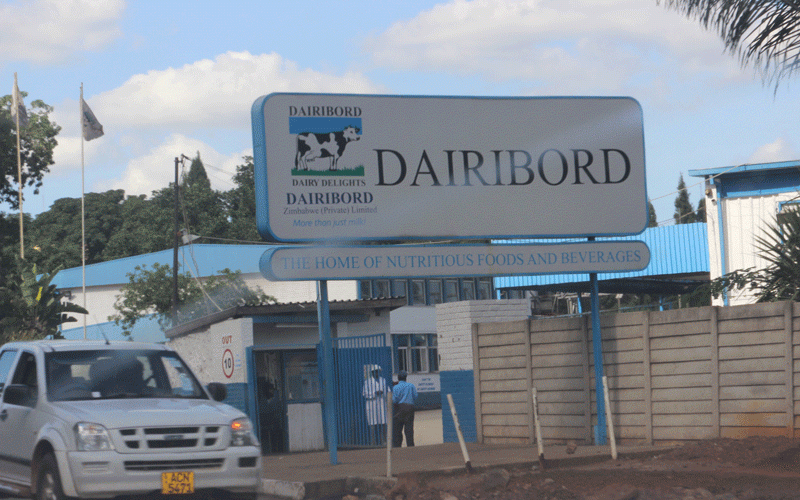
DAIRY processor Dairibord Holdings Limited is set to commercialise its toll manufacturing project in South Africa, broadening its export reach and mitigating risks associated with domestic market fluctuations.
The company began toll manufacturing this year to bolster its capacity on the export markets, leveraging South Africa's excess capacity to manufacture its products.
In an interview with businessdigest, Dairibord Holdings chief executive officer Mercy Ndoro said the project prioritised bolstering foreign currency inflows.
“The group will continue to prioritise the expansion of export activities. This focus aims to bolster foreign currency inflows, optimise production capacity, and elevate brand recognition within the region,” Ndoro said. “A pivotal component of this strategy involves the full commercialisation of our toll manufacturing operations in South Africa.”
The Dairibord chief stated that the group was finalising the Pfuko Maheu product in South Africa, discontinuing exports from Zimbabwe to focus on supply chain optimisation and production capacity enhancement.
“We are in the advanced stages of product development for Pfuko Maheu and transitioning to commercial production runs. It entails discontinuing the export of maheu from Zimbabwe to South Africa, shifting our focus to servicing that market with domestically produced products from the toll manufacturing operations,” she said. “The next phase of our strategy involves supply chain optimisation and production capacity enhancement to increase market penetration in South Africa and neighbouring countries.
“To expand our distribution and reach a wider customer base, the business is refining its route to market through strategic partnerships with local distributors and retailers across all trade channels.”
Ndoro noted that the group would widen its product range beyond Pfuko Maheu through the toll manufacturing project, leveraging partnerships in South Africa.
- Regulators turn down DZL probe request
- Regulators turn down DZL probe request
- Loans freeze unsettles Zim firms
- Loans freeze unsettles Zim firms
Keep Reading
“Our products have enjoyed high demand within the South African market. However, due to constraints in production capacity in Zimbabwe, our exports have been curtailed,” she said.
“Recognising the potential for export growth and regional expansion, through a cost-effective production model, the toll manufacturing initiative emerged as a strategic imperative for our business. We identified suitable partners to manufacture Dairibord products within the South African market, commencing with Pfuko Maheu.
“Additionally, we are actively developing other Dairibord product lines to diversify the product range beyond Pfuko. Great strides have been made, and commercial production is scheduled to commence soon.”
Ndoro highlighted the significance of introducing and growing products in South Africa and surrounding markets.
“While competition in this market is intense in the face of strong, established South African brands, our products maintain a strong preference, particularly among the substantial Zimbabwean diaspora residing in South Africa,” Ndoro said.
“The project has been advancing satisfactorily, and we expect to have meaningful commercial runs in Q4 (fourth quarter) of 2024.”
Regarding costs, Ndoro noted that commercialising the project would require minimal investment.
“The financial outlay for toll manufacturing is minimal. The primary advantage of collaborating with a third-party manufacturer is the elimination or reduction of capital expenditure, as we capitalise on the existing infrastructure and excess capacity of our manufacturing partners,” Ndoro said. “Our investment has mainly been in product development work to ensure that we have a product that mirrors the Zimbabwean quality.”
For the half-year ended June 30, 2024, Dairibord posted a profit after tax of US$3,06 million, overturning its loss-making position in the comparative 2023 period.
Revenue stood at US$54,71 million, up from US$48,47 million recorded over the same timeframe last year.
In terms of liquidity, the firm had US$1,63 for every dollar of short-term debt, indicating high liquidity to carry out its plans.







